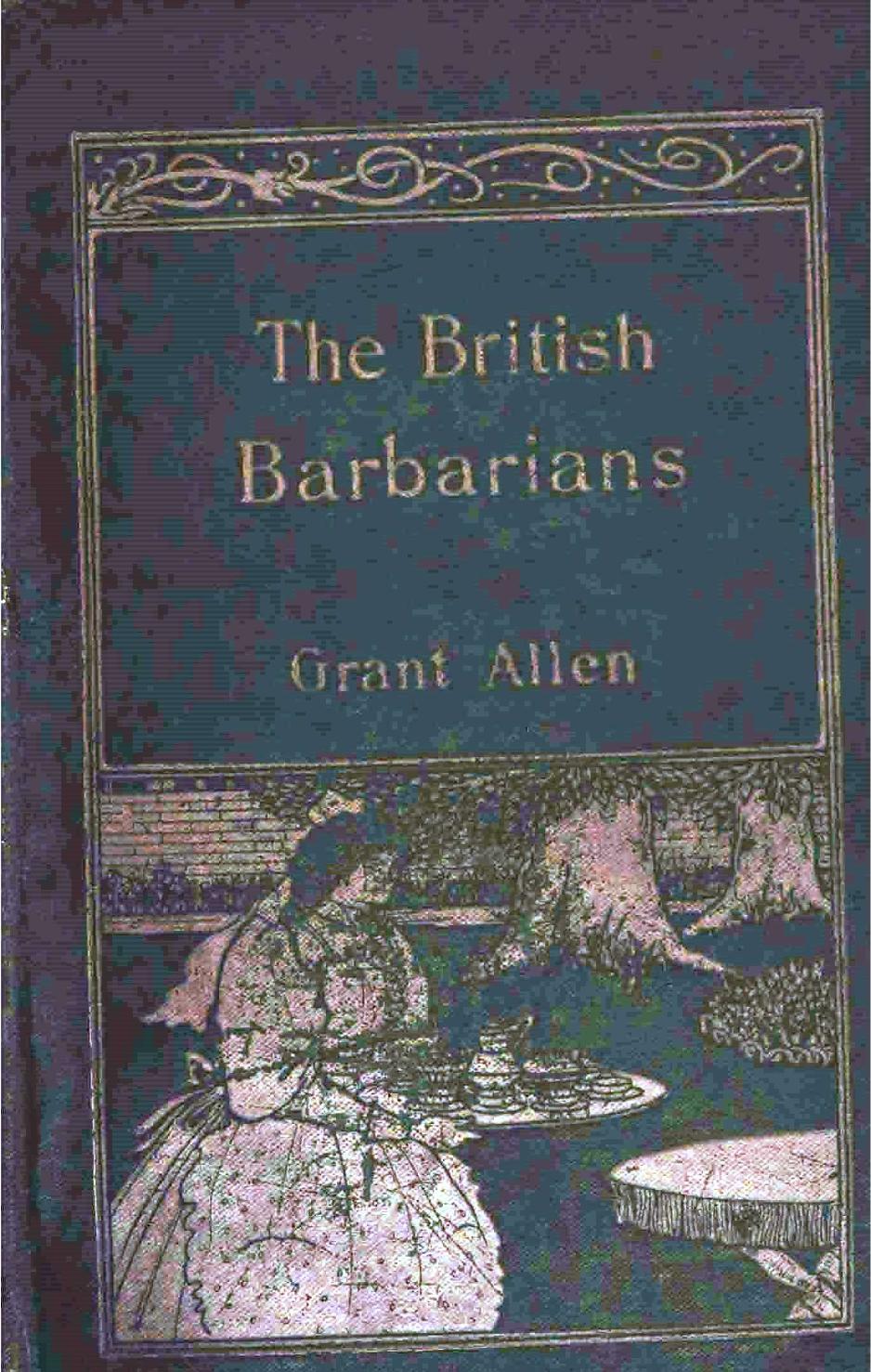
The British Barbarians: A Hill-top Novel PDF
1895·8.1506 MB·other
Most books are stored in the elastic cloud where traffic is expensive. For this reason, we have a limit on daily download.
Preview The British Barbarians: A Hill-top Novel
Description:
According to Grant Allen's introduction, the "hill-top" of the subtitle
means that "it has seldom happened that writers of exceptional aims have
been able to proclaim to the world at large the things which they
conceived to be best worth their telling it" (vii-viii). Commercial
requirements mean that they-- including Allen himself-- have to dilute
their meanings: "I have never said a thing I did not think: but I have
sometimes had to abstain from saying many things I did think" (xi). So
Allen devised "the Hill-Top novels," where he would say what he
did think; in them, "the reader who cares for truth and righteousness
may take it for granted that the book represents my own original
thinking, whether good or bad, on some important point in human society
or human evolution" (xii-xiii). This is all well and good, I suppose,
but then Allen spends seven pages explaining his "hill-top" metaphor,
and it all gets rather goofy: "the oxygen of the hill-tops is [...] rich
in ozone. Now, ozone stands to common oxygen itself as the clean-cut
metal to the dull and leaden exposed surface" (xix). All that said,
Allen published no other "hill-top novels," though it looks like his
earlier The Woman who Did had at least one reissue with that subtitle. I guess money spoke louder than his principles.
The novel itself is about a scientist from the future (the 25th century, if I remember right) named Bertram, who is writing a history of taboo. He's a member of a Nomological Society; apparently nomology is the study of laws. He's come back to the Victorian period to study their taboos: they claim, of course, to have no taboos, unlike those primitives elsewhere, and thus Allen uses Bertram to satirize a lot of contemporary British culture and conventions. It's a lot like those episodes of Star Trek where they go back to the 20th century and act completely baffled at everything they see. Bertram's morality is scientific: for example, because human beings are "of one blood" evolutionarily, it baffles him to see inter-human violence. He ends up getting involved with a married woman: female sexual agency being one of the greatest Victorian taboos of all (and one that still lingers today).
The novel itself is about a scientist from the future (the 25th century, if I remember right) named Bertram, who is writing a history of taboo. He's a member of a Nomological Society; apparently nomology is the study of laws. He's come back to the Victorian period to study their taboos: they claim, of course, to have no taboos, unlike those primitives elsewhere, and thus Allen uses Bertram to satirize a lot of contemporary British culture and conventions. It's a lot like those episodes of Star Trek where they go back to the 20th century and act completely baffled at everything they see. Bertram's morality is scientific: for example, because human beings are "of one blood" evolutionarily, it baffles him to see inter-human violence. He ends up getting involved with a married woman: female sexual agency being one of the greatest Victorian taboos of all (and one that still lingers today).
See more
The list of books you might like
Most books are stored in the elastic cloud where traffic is expensive. For this reason, we have a limit on daily download.
